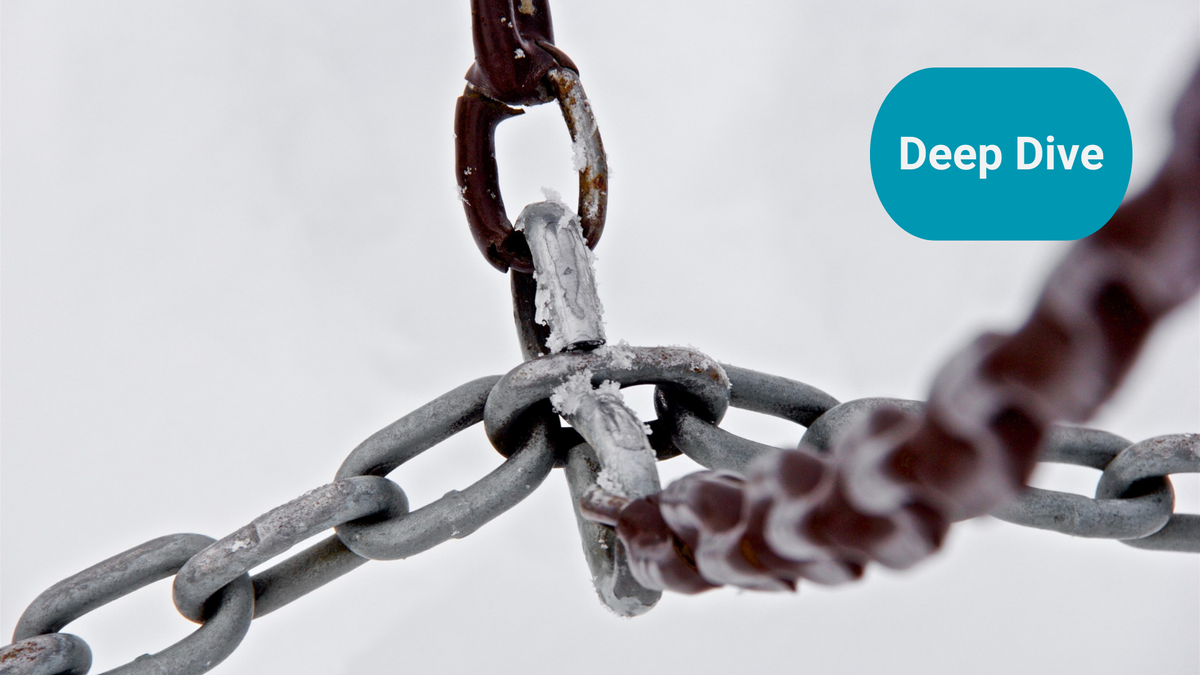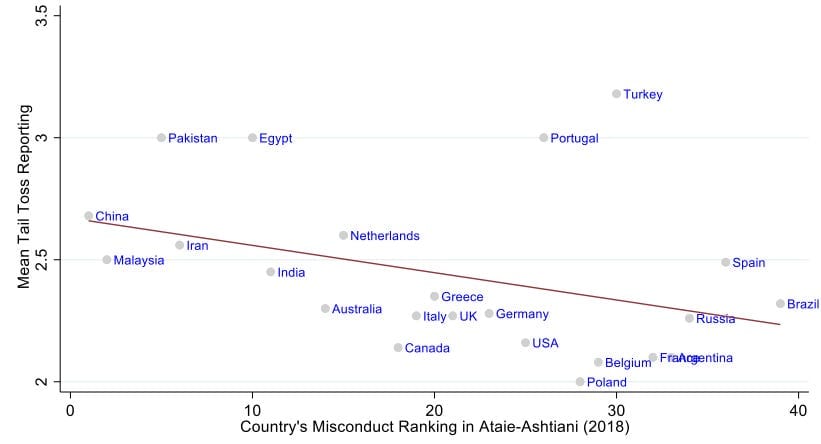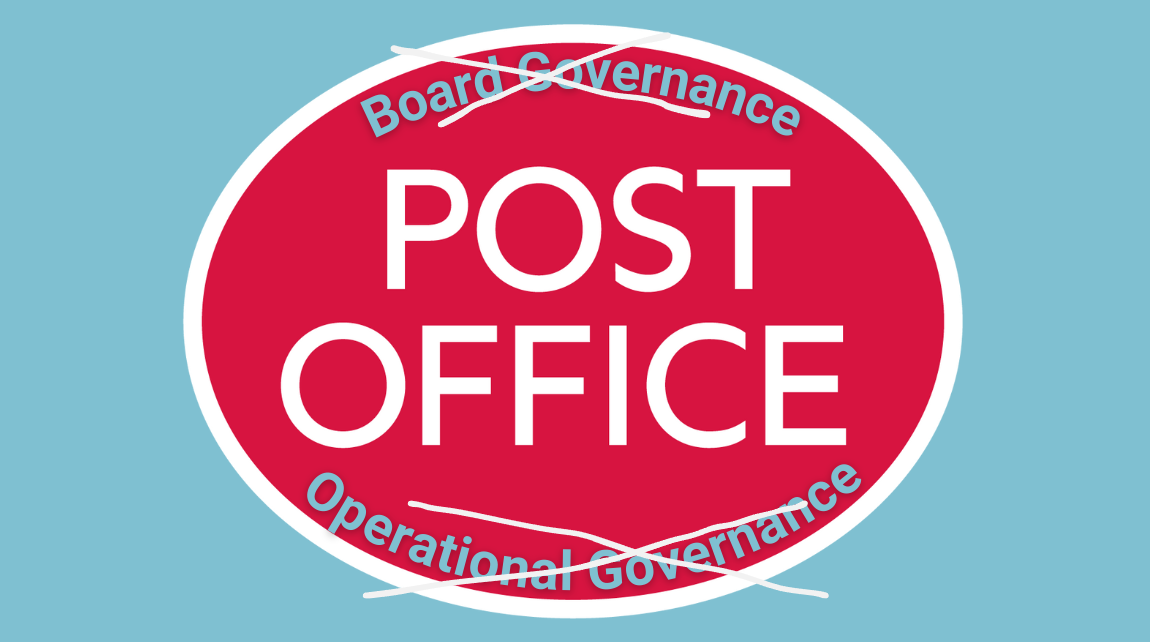
What caught our eye - three key stories (week 20, 2024)
Here are three stories that we found particularly interesting this week and why. We also give our lateral thought on each one.
Read in full by clicking on the link below.
'What caught our eye' like all of our blogs are free to read. You just need to register.
Please forward to friends, family and colleagues if you think they might find our work of value.

Labour exploitation in supply chains.
Anti-slavery charity Unseen have found that incidents of labour exploitation across the food industry are rising. Unseen received a record number of calls to its modern slavery helpline, with a significant number of cases involving agriculture, farming, hospitality, and manufacturing sectors.
They identified 49 cases of modern slavery in agriculture and 235 potential victims in 2023. The hospitality sector had 73 cases and 324 potential victims, while manufacturing and logistics reported 15 and 9 cases, respectively, with numerous potential victims.
An article in The Grocer cites new research from Focus on Labour Exploitation (FLEX), which found that the government's seasonal workers scheme, relied upon by many farmers, was trapping labourers in cycles of debt. Workers, often from countries like Indonesia, Nepal, and India, were forced to pay extortionate fees to local recruiters for the chance to work in the UK.
In addition to that debt bondage, workers in the food supply chain frequently face excessive working hours, non-payment of minimum wage, and denial of holiday entitlements.
The article also highlights the vulnerability of workers in the tourism and hospitality industries, where complex challenges such as a fragmented workforce, franchising models, and seasonal employment arrangements increase the risk of labour exploitation and modern slavery.
In April, Giorgio Armani Operations (owned by Armani Group) was put into receivership by judges in Milan as it was accused of indirectly subcontracting production to Chinese companies that exploited workers. Armani Group said in a statement at the time that it had "always had control and prevention measures in place to minimise abuses in the supply chain."
The further one gets outside of an organisation into the value chain both upstream and downstream, the less control and assurance a business naturally has over activities, intermediary products, raw materials and unexpected events.
But stakeholders are increasingly considering the business as part of the broader ecosystem and are less inclined to absolve a business for 'sins of the connected.' 👇🏾

There has been plenty of regulation that has emerged to address the supply chain but even that can have unintended consequences as we discussed in this piece 👇🏾

And it highlights also the difficulty with an organisation's net-zero and broader decarbonisation efforts. Just how much control or even visibility do you have on your supply chain? It is one of the key areas of opposition to the SEC's Climate Disclosure Rules - the difficulty in gathering scope 3 emissions data, let alone controlling it.
Ethics training prevents normal people veering off course.
Joachim Klement who is an investment strategist at Liberum and author of the excellent Klement on Investing blog recently published a piece titled "Normalisation of deviance" highlighting some interesting research from University College London. It concluded that if people keep on telling lies, people become desensitised as their amygdala, the part of the brain responsible for activating emotions of fear and shame, becomes less active.
In a separate study conducted by researchers from the Universities of Hamburg, Kiel and Amsterdam that looked at the correlation between lying on a coin toss experiment (participants were asked how may tails that had come up when they tossed a coin) and scientific misconduct by scientists. Seems to suggest that lying has become normalised in those countries (at least amongst the scientists involved in the study). See chart below👇🏾

An important aspect of the experiment was that some of the participants were polled about their roles and about the 'search for truth' - once this was revealed the overreporting of tails pretty much disappeared.
As Joachim points out this highlights why ethics and code of conduct training is so important: "it prevents otherwise honest ‘normal’ people from sliding down the slippery slope towards normalised deviance."
A strong culture of governance throughout an organisation is important to enable the underlying strategy to be delivered in a sustainable way.
Governance starts from the top - at the board level - in setting the culture of the company, but execution throughout the organisation is key.
We recently discussed how a failure of both board and operational governance was pivotal in the Post Office Scandal 👇🏾

Is the corporate DEI panic finally over?
That's the headline for an article in The FT that caught our eye this week. In June of last year when the US Supreme Court overturned affirmative action for college admissions meaning that race could no longer be considered as a factor in university admissions there has been a broader backlash against DEI initiatives.
However, the article highlights that underneath the surface many corporates have continued with their programmes. While some companies like Nike and Disney are still publicising their efforts, others are staying the course, even if they are not being as vocal about it.
The Conference Board surveyed 194 executives at the back end of 2023 and none said they were planning to scale back their diversity initiatives in 2024.
We have written about DEI extensively and believe that a focus on inclusion will have benefits for the organisation, its employees and wider society as it offers the potential to elicit and connect a broader range of ideas and skills.
Inclusion is about creating the right culture and environment so that everyone, regardless of their differences - their diversity - feels that they belong and are valued. They are not prevented from striving to reach their potential.
Diversity should be a manifestation of an inclusive culture.
Really what we are talking about is businesses striving for a more sustainable and effective culture.
A firm's culture is the weighted-average of the values that its people actually follow. It develops over time. How much does increasing inclusion cost? There is no new deep technological or scientific hurdle to overcome. All you need to do is change behaviours, right?
Behavioural change is difficult! It requires many individual measures and structures and takes time.
Here are just two examples of our writing on the area (more at https://www.thesustainableinvestor.org.uk/ - remember all of our blogs are free to read in full once you have registered) 👇🏾


Something a little more bespoke?
Get in touch if there is a particular topic you would like us to write on. Just for you.
Contact us
Please read: important legal stuff.
